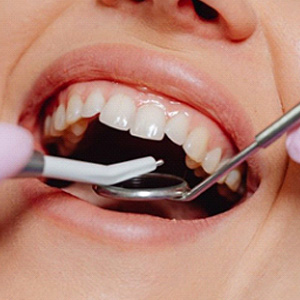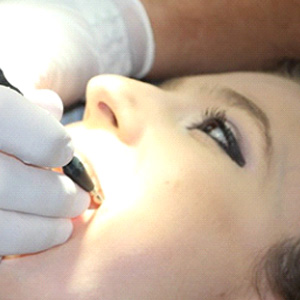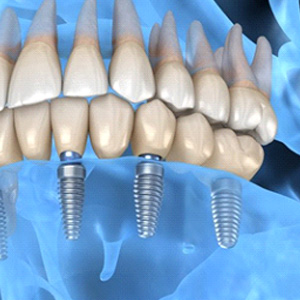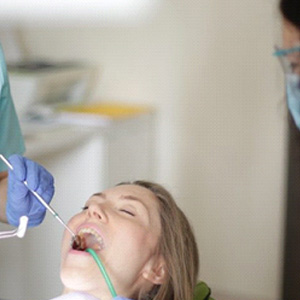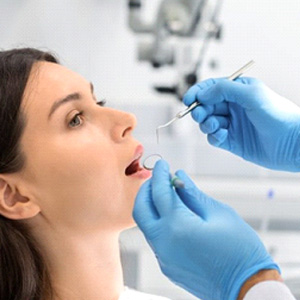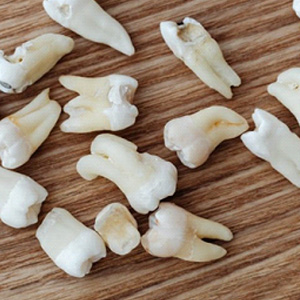A sinus lift is also known as a sinus augmentation, and is a procedure that is done to help with the placement of dental implants. One of the key things we look at when patients choose dental implants is the bone in the jaw. Dental implants require enough bone in the jaw to create a sturdy base for the implants. If a patient has suffered bone loss, they may require a sinus lift to provide the support needed.
A sinus lift procedure helps to increase the amount of bone in the upper jaw, and is common procedure. More and more patients require a sinus lift due to the increase in popularity of dental implants as a choice for restoration.
Why Is a Sinus Lift Necessary?
A sinus lift may be needed if you are missing teeth and do not have sufficient bone near the back of your jaw. The cause of tooth loss can be from genetics, from periodontal disease, or other medical conditions. If a patient has a sinus cavity that is too close to your upper jaw, a sinus lift can also help to create space for dental implants.
What Can I Expect During My Sinus Lift Procedure?
If you chose to move forward with the sinus lift procedure the first step is to determine where the bone used in the procedure will come from. Bone can be used from other areas of your mouth or body, from a cadaver, animal, or a synthetic bone material can be used. Once the bone source is decided, the next step is to take measurements of your jaw and sinus cavity and prepare for the procedure.
A sinus lift procedure takes approximately 90 minutes, and we begin by sedating the patient using local or general anesthesia. The doctor will cut the gum tissue and expose the jaw bone. A small hole will be cut into the jaw bone to allow the doctor to push on the membrane of the sinuses. As the bone is lifted, the doctor can fill the space with the bone grafting material. The area is then closed with sutures.
Once the patient is awake after the anesthesia, they may feel swelling and slight bleeding, but discomfort should be minimal. We recommend to avoid blowing your nose or sneezing because this can cause the bone graft material to move or loosen. Patients should keep their nasal passage moist, and we may recommend an antibiotic or mouthwash to help prevent any infection. Patients should plan to relax for a day or two, and avoid any strenuous activities.
After sinus lift surgery we do require patients to return to our office, so we can check and see how the healing process is progressing. Your stitches may be removed if they have not dissolved, and multiple return visits may be required. The entire healing process form a sinus lift can take about 6 months to ensure the bone heals, and can provide the proper support for dental implants.
Read To Find Out More?
If you are interested in finding out more about a sinus lift procedure, we encourage you to call our office. Our doctors have years of experience in sinus lifts, and provide the very best care for all of our patients. Our consultation process can give you all of the information you need regarding the procedure, and allows you to ask any questions about the process.
At Epic Periodontics, we use the latest technology and equipment, and provide a calm and welcoming environment for our patients. Let us help you take charge of your oral health, and schedule your appointment today.
To schedule your appointment, contact Epic Periodontics, and our friendly staff will be happy to assist you.




